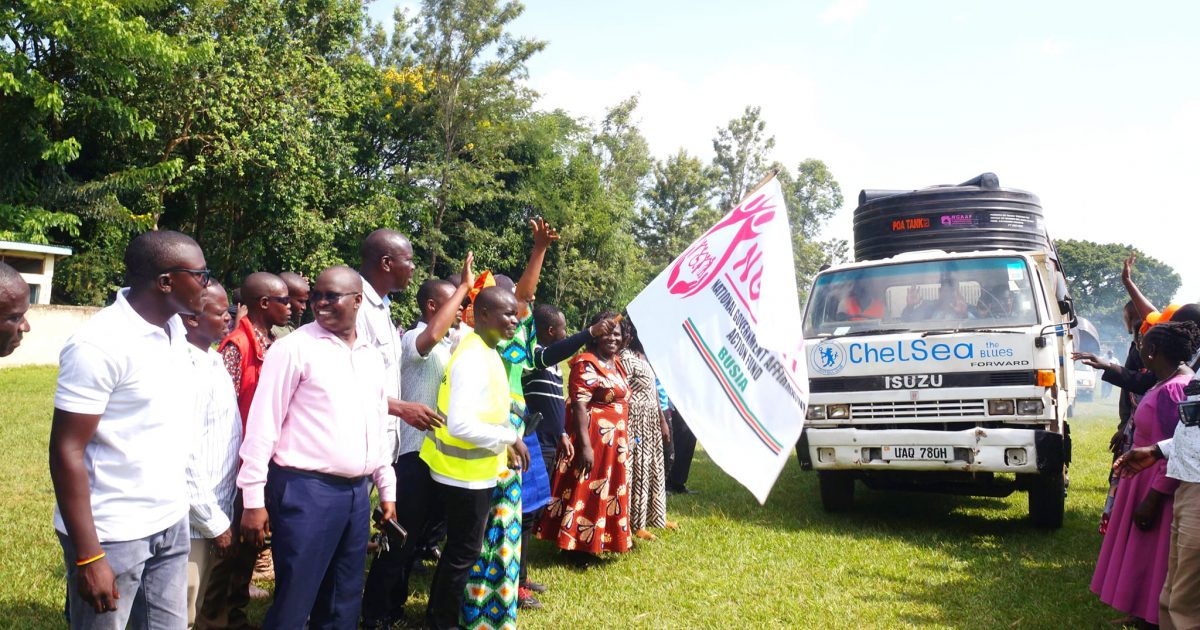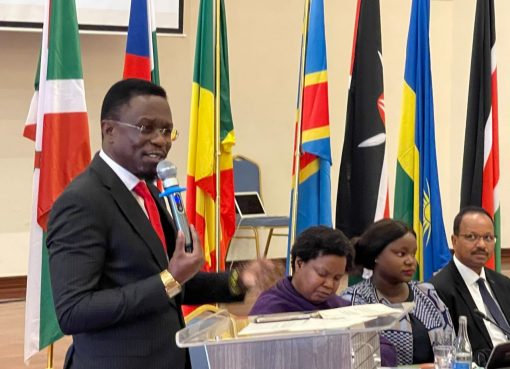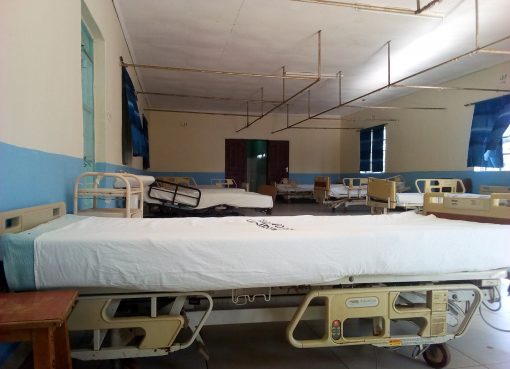Busia woman rep Catherine Omanyo has launched a water harvesting programme in schools in effort to mitigate acute water shortage witnessed in most schools during dry season so as to give learners ample time to concentrate on their studies.
Speaking at Okame primary after issuing water tanks to 55 primary schools, Ms Omanyo noted that water shortage impacts negatively on learners as they waste most of their class time in search for water.
“By capturing rainwater, Kenyans can reduce their reliance on erratic natural water sources and overburdened municipal systems. This practice not only secures water supply but also fosters a culture of resourcefulness and sustainability, aligning with global environmental conservation goals,” Omanyo said.
The legislature noted that she remains committed to ensuring all schools in the county have running water even as she seeks partners to drill over 20 boreholes by the end of this year.
“The main objective of this project aims to mitigate time wastage by learners while in school in search for water for basic use while at school. This will help them concentrate on their studies and complete syllabus on time,” she added.
Rural communities in Teso North and Funyula sub counties face the problem of unstable water supply. Climate change exacerbates water insecurity, and gender inequality makes women disproportionately impacted by this problem.
Proper analysis using the common good lens helps to explain why the free-rider problem exists in the maintenance and repair of water facilities, and what measures might be taken to solve this difficulty.
Adaptive strategies toward water insecurity include solutions from the community (micro) level and governmental (macro) level.
Her sentiment was echoed by Busia County Commissioner Chaunga Mwachaunga who noted that schools that have adequate infrastructure have steady performance as learners have enough time for their studies.
“The harsh effects of climate change has caused the instability of water supply has become a pressing problem in many places around the world. That is why we urge the people in all institutions and at home to be innovative to mitigate the effects,” said CC Chaunga.
The CC attributed the water crisis to the prolonged dry spell, which has depleted water tables and rendered boreholes ineffective.
Teachers expressed their gratitude noting that the move Water scarcity has become a pressing issue in primary schools across the county, compelling pupils to trek long distances to access clean water from neighbouring communities.
Currently, water coverage in primary schools in Busia stands at 58 percent according to USAID dumisha afya, with at least seven schools urgently requiring water facilities.
By Absalom Namwalo





